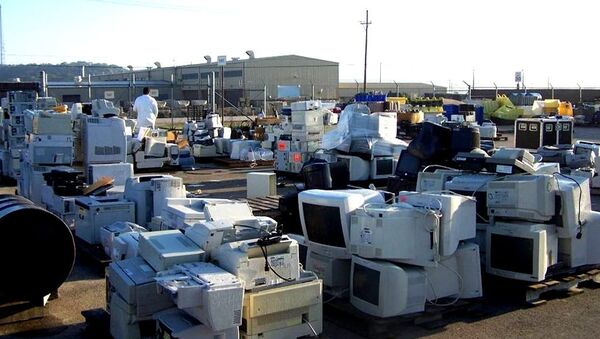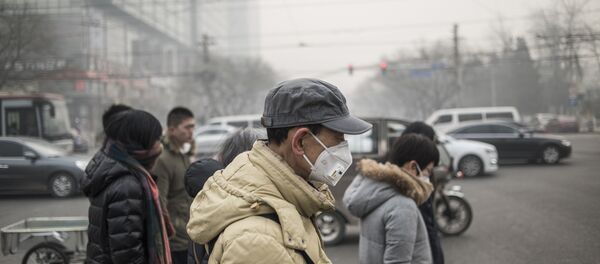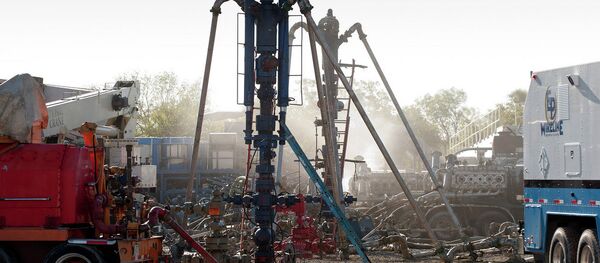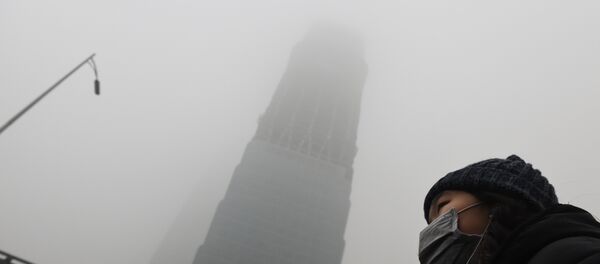BAN, led by activist Jim Puckett, oversees compliance of the Basel Convention, a global hazardous waste dumping treaty. In the course of recent investigations Puckett and his team discovered that the no-export e-waste policy, touted by such respected e-waste recycling programs as Dell Reconnect, was being regularly circumvented.
"Most of the public still thinks that they're going to recycle [e-waste] right there in America," Puckett said, cited by RawStory. "They have the right to know where their stuff goes."
Surprisingly, about a third of the items were illegally exported from the US, generally ending up in independent recycling shops and junkyards in southeast Asia. Using a mapping app on an iPad, Puckett tracked several gadgets, including one left with Dell Reconnect, to the territory of Hong Kong.
The salvage locations were littered with the broken white fluorescent tubes used to illuminate LCD flat-screen monitors on the printers. When broken, these items release highly-toxic mercury vapor. Through his translator, Puckett learned that the workers were not made aware that they were dealing with toxic materials, or that their health was at risk.
Another device mounted with a Puckett GPS locater was found in a nearby abandoned field, amid scattered pieces of LCD and CRT monitors, camcorders and keyboards. Hong Kong bans the import of hazardous e-waste from the US, and Puckett believes many of these operations are illegal.
"On the whole, Hong Kong has been effective in combating hazardous waste shipments," said Hong Kong Environmental Protection Department spokesperson Heidi Liu, adding that at least 21 cargo loads of e-waste have been sent back to the US in the past three years.
According to the head of Dell's producer responsibility programs, Beth Johnson, the company is ‘interested' in finding out how the tracked electronics ended up overseas.
"If there's something that did not follow the system we would certainly want to know about it and certainly take corrective action," she suggested.





